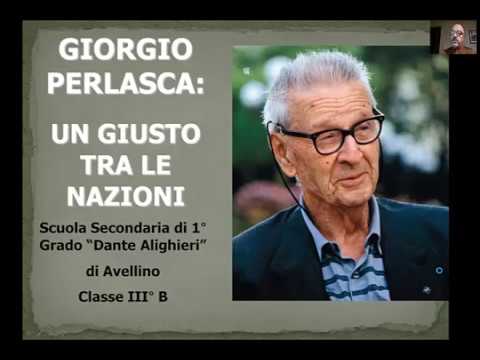




Free Tesine: percorsi di approfondimento
27 Gennaio 2019




Tesine con il titolo che inizia con la A
27 Gennaio 2019William Wordsworth was born in 1770 in Cockermouth, close to the Lake District, whose landscapes inspired many of his poems.
He got his degree at Cambridge University and then he left for France;
His initial enthusiasm for the ideals of the French Revolution turned into disillusionment because of the violent development of the French Republic
1794 he returned to England and he met Coleridge; together they published in 1798 the collection of poems entitled Lyrical Ballads. The Wordsworth’s Preface, contained in this work, was considered the Manifesto of Romantic Poetry.
Wordsworth spent his last years in the Lake District writing and revising his works
1859 he died in Grasmere
Themes and style
In his Preface to the Lyrical Ballads, Wordsworth outlines the programmatic points of his theory of poetry.
Language= W. rejected the elaborate forms of Augustan poetry and claimed that the poet’s language has to be simple and direct.
Poet= The poet is portrayed as an ordinary man, endowed with an exceptional sensibility and enthusiasm for nature.
«The poet is a man speaking to men». He has to use a «language really used by men» to be a prophet and to talk about a «low rustic life» that is «less under the influence of social vanity» and where the «elementary feelings» germinate.
Subjects= W. celebrates in his poems a new type of subject-matter: ordinary people and the everyday life;
Poetry= Poetry is conceived as the result of a spontaneous overflow of emotions recollected in tranquility; in other words, poems are created from the memory of a previously experienced emotion.
Memory and Imagination
Memory is the faculty through which adults can retrieve the joyous feelings of childhood. Memory is thus a source of poetry: a recollected emotion, if reworked by the poet’s imagination, can be transformed into verses capable of communicating the actual sensation of that original emotion.
Memoryà Imagination à Inward* Eye
Subjective vision of the poet
Nature
- can be defined as a «worshiper of Nature». In the Lyrical Ballads, he portrayed the natural world as a source of inspiration, beauty and delight. According to W., besides being a source of poetic inspiration, Nature provides man with numerous beneficial effects:
It comforts a perturbed mind;
It inspires elevated thoughts and passionate emotions;
It allows to connect with the divine principle immanent in everything created
Nature
Childhood
For W., childhood is a state of innocence and purity, an age in which human beings experience the most intense bond with Nature. Children are part of the natural world; through the sensations of joy, wonder and awe, they feel a strong connection with it. However, as they grow up into adulthood, most men are corrupted by social conventions. Only a few of them maintain their purity, their connection with Nature and their sensibility: poets, as well as humble people, such as peasants, farmers and shepherds, who live in closest contact with Nature.




